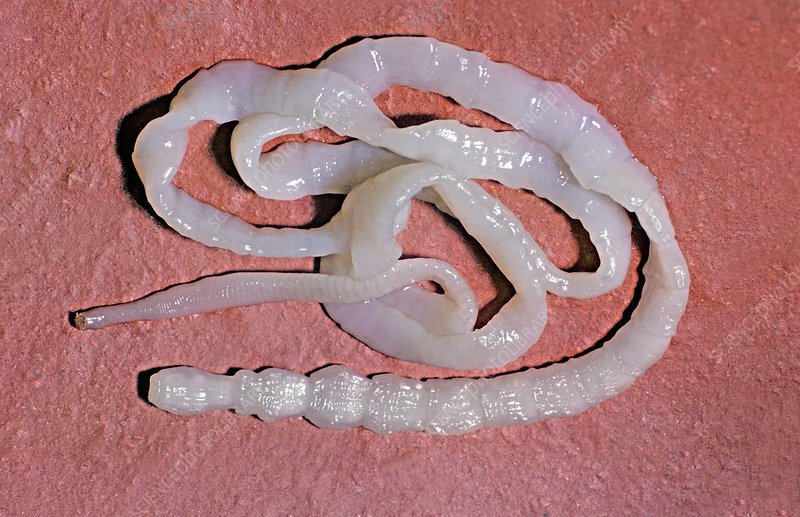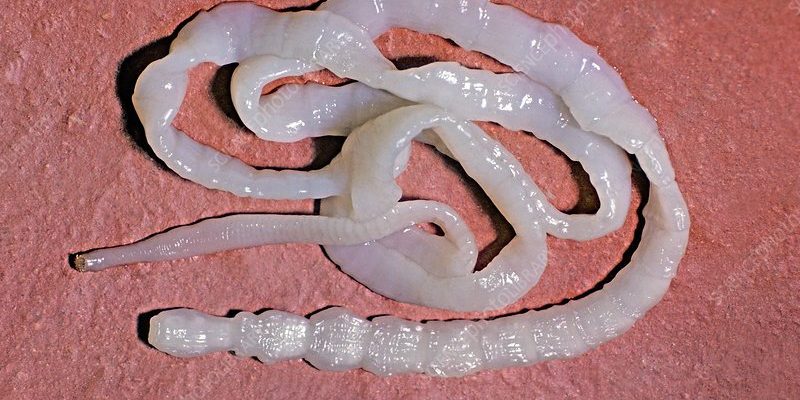
Guppy tapeworms belong to a group of parasites that can influence both the health of your guppies and the overall balance of your aquarium. Recognizing them early on can save your fish and keep your tank thriving. Imagine you’re on a treasure hunt, and the treasure is a healthy, happy aquatic environment. So, let’s equip you with the knowledge you need!
Understanding Guppy Tapeworms
Guppy tapeworms, scientifically known as *Bothriocephalus*, typically thrive in freshwater environments. They can attach themselves to the intestines of guppies and other fish, feeding off their nutrients. You might be wondering how they even get there. These parasites often infiltrate a fish tank through contaminated food or water, or even from infected fish that are introduced into your ecosystem without proper quarantine procedures.
The challenge here is that these parasites can be quite elusive. They’re not always visible immediately, and their effects on your guppy may not show right away either. If your guppy’s behavior changes, like becoming lethargic or losing weight, it may be a sign that something is amiss. This is where your detective skills come into play.
Common Symptoms of Guppy Tapeworms
If you’re concerned about your guppies, recognizing the symptoms can be your first step to a healthier tank. Some common signs that your guppy might have a tapeworm infection include:
- Weight Loss: One of the most noticeable signs is significant weight loss, even if the guppy is eating normally.
- Swim Bladder Issues: Infected guppies may struggle to maintain buoyancy, often swimming sideways or upside down.
- Visible Worm Segments: In severe cases, you may see tiny segments of the tapeworm in the guppy’s feces or clinging to the fish itself.
- Lethargy: If your usually active guppies are suddenly subdued, it could be a sign they aren’t feeling well.
Being aware of these symptoms can help you catch a potential tapeworm infestation early. It’s like having a safety net before falling into a trap!
Where to Look for Tapeworms
Now that you know the symptoms, it’s time to think about where to look. Guppy tapeworms often dwell in the intestines of infected fish, so checking your guppies’ feces can yield some clues. It’s not glamorous, but it’s effective! If you notice small, white segments in the waste, that’s a huge red flag.
You can also observe your guppies closely during feeding times. If you notice any fish that seem to be eating less than usual or struggling to compete for food, it might indicate a tapeworm presence. This is like keeping an eye on the quieter kid in a lively classroom.
How Guppy Tapeworms Affect Their Habitat
Guppy tapeworms can impact not only individual fish but also the overall health of your aquarium. When fish are infected, they can become less active and more susceptible to diseases, which can create a ripple effect in your tank. This could lead to what’s known as a “stress cycle,” where one fish’s illness can spread if not addressed promptly.
Moreover, the presence of tapeworms can disrupt the delicate balance of your aquarium’s ecosystem. It’s like a misfit puzzle piece that doesn’t quite fit, causing everything around it to feel off. Keeping your guppies free from parasites helps maintain the health of the entire tank.
Preventing Guppy Tapeworms
Prevention is always better than cure, right? To keep your guppies safe from tapeworms, you can take several proactive steps:
- Quarantine New Arrivals: Before introducing new fish to your tank, keep them in a separate tank for a few weeks to observe for any signs of illness.
- Maintain Clean Water: Regularly change the water and keep the tank clean to limit the chances of parasites thriving.
- Monitor Feeding: Feed your guppies high-quality food and avoid overfeeding, which can contribute to poor health and attract parasites.
Implementing these practices can be like putting a protective shield around your fish—keeping them safe from those unwanted guests.
Treatment Options
If you do find guppy tapeworms in your tank, don’t panic! There are treatment options available to help get things back on track. Here are a few approaches:
- Medicated Foods: Some companies offer medicated fish food that can help treat internal parasites effectively.
- General Antiparasitic Treatments: Over-the-counter antiparasitic medications specifically designed for fish can be helpful. Just follow the instructions carefully!
- Consult Your Vet: If you’re unsure or the situation seems severe, don’t hesitate to consult an aquatic vet for professional advice.
The key is to act swiftly. The sooner you address the issue, the better chance you have of saving your fish and maintaining a healthy aquarium.
Identifying guppy tapeworms in their natural habitat involves a mix of observation, knowledge, and proactive care. By understanding the symptoms, knowing where to look, and taking preventive measures, you can help ensure your guppies remain happy and healthy. It’s like being a guardian for your aquatic friends, ensuring they swim freely and joyfully in their watery world.
So, keep your eyes peeled and your tank clean. You’ve got this! Protecting your guppies from tapeworms is a step toward nurturing a vibrant aquarium where all fish can thrive.

